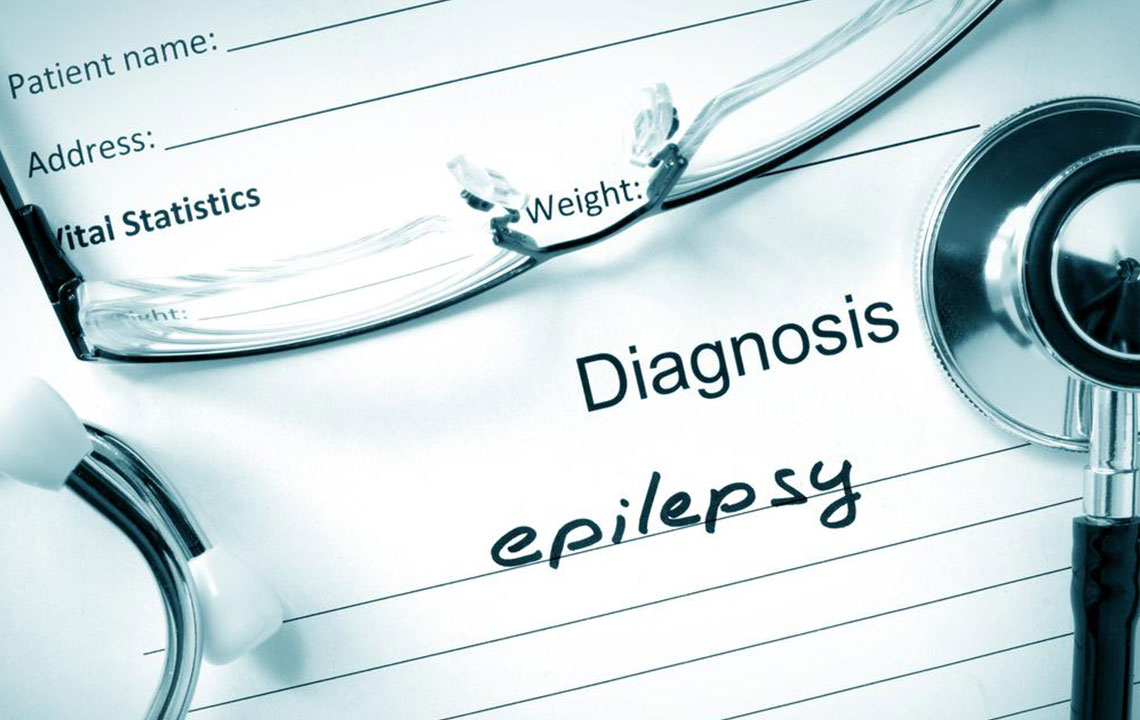Comprehensive Dietary Approaches to Managing Epilepsy Effectively
Learn about comprehensive dietary strategies for managing epilepsy effectively. From ketogenic and MCT diets to low glycemic plans, discover how proper nutrition can support seizure control. Expert advice highlights the importance of personalized diet plans, avoiding triggers like processed foods and sugars, and integrating medication for optimal results. Improve your quality of life with these proven nutritional approaches tailored for epilepsy management.

Managing epilepsy requires a multifaceted approach that extends beyond pharmacological treatments. Dietary strategies play a critical role in supporting overall neurological health and can significantly influence seizure control. A carefully planned, nutrient-dense diet not only enhances brain function but also boosts energy levels and minimizes seizure frequency. Various specialized diets, including ketogenic, medium-chain triglyceride (MCT), Atkins, and low glycemic index (LGI) plans, have been extensively studied for their effectiveness in epilepsy management. Incorporating these dietary interventions under medical supervision can be a vital component of a successful treatment plan.
Adopting a high-fiber diet rich in whole grains, diverse vegetables, and fresh fruits provides essential nutrients and promotes gastrointestinal health, which can indirectly support neurological stability. Conversely, it is equally important to limit or avoid processed foods, refined sugars, and artificial additives that may trigger or exacerbate seizures. Caffeine and certain fruit juices, especially those with high sugar content, should be consumed cautiously or avoided altogether, as they have been associated with increased seizure risk in some individuals.
Healthcare professionals often recommend personalized dietary plans tailored to each patient's unique needs. The ketogenic diet, characterized by high fat and very low carbohydrate intake, has gained recognition for its anticonvulsant properties, especially in hard-to-control cases. Similarly, medium-chain triglyceride (MCT) diets, which emphasize specific fats, offer an alternative for those who find the traditional ketogenic diet restrictive. The Atkins low-carb approach, emphasizing reduced carbohydrate intake, and low glycemic index diets, which stabilize blood sugar levels, are also notable options. In addition to dietary modifications, it is crucial for patients to be aware of potential triggers such as artificial additives, caffeine, and high-sugar beverages, which can destabilize seizure control. Regular consultation with healthcare providers enables patients to adjust medications like BRIVIACT® and EPIDIOLEX® effectively alongside dietary changes, optimizing overall management of epilepsy. Adopting these dietary strategies requires commitment and guidance from medical professionals to ensure nutritional adequacy and safety. Combining dietary management with medication and lifestyle modifications can significantly improve quality of life for individuals with epilepsy, reducing seizure frequency and severity while supporting overall well-being.





